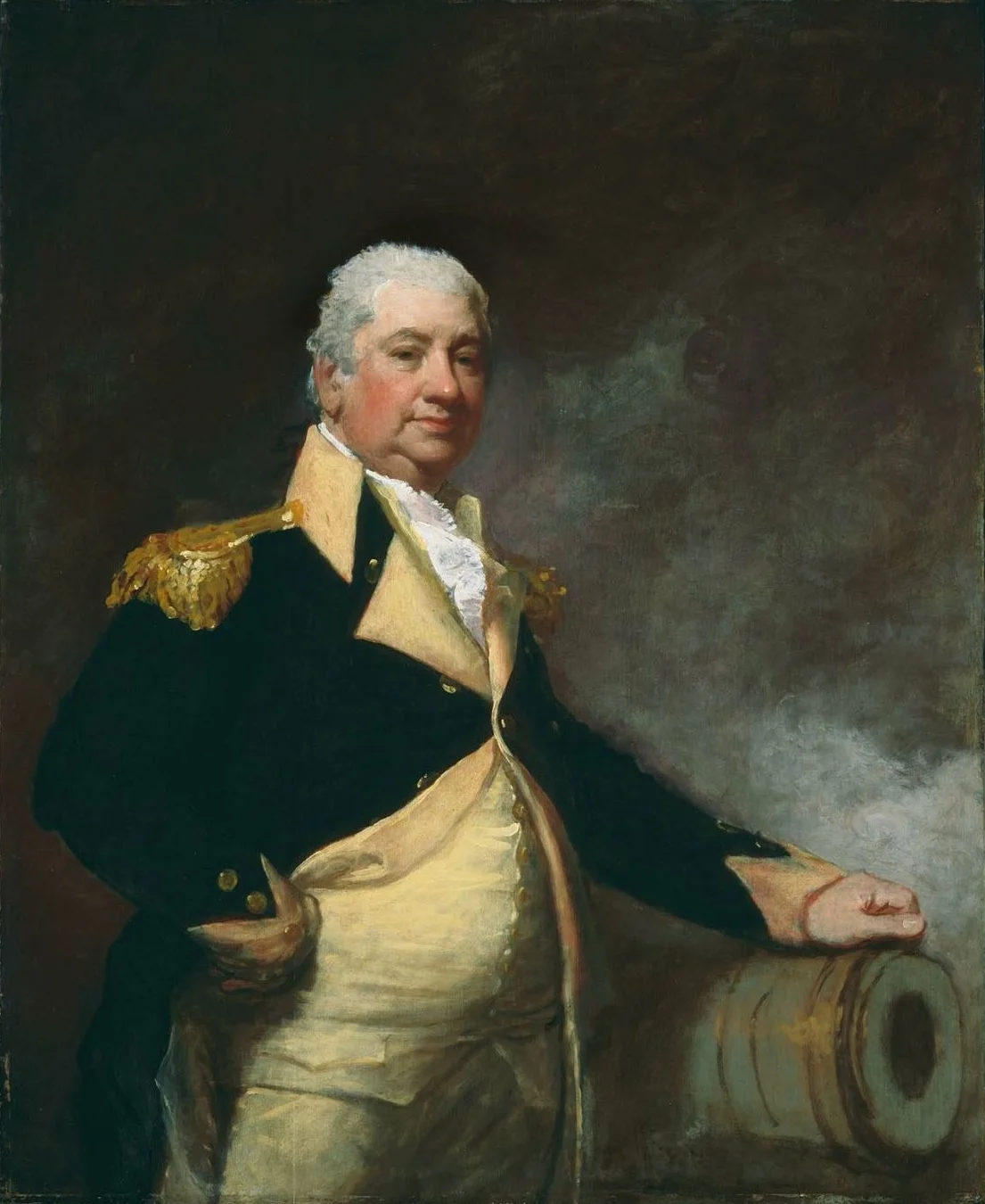Henry Dearborn's Firsthand Account
I’ve attempted to write about Henry Dearborn several times and for some reason had difficulty approaching him. This seems to stem mostly from his involvement in many aspects of the American Revolution, making it difficult to determine an angle to attack the story from.
As his name has appeared in my research on more than one occasion in the last few days, I’ve decided to attempt it again.
Much like fellow member of the Jefferson Cabinet Albert Gallatin, I decided to split Dearborn into two articles. While I prefer to consolidate my subjects into one article, that would have made this post significantly longer than Founder of the Day readers are accustomed to.
Soldier
As a young physician from Portsmouth, New Hampshire, Henry Dearborn assembled a group of sixty men to support the colonists in the days after the Battle of Lexington and Concord.
Dearborn was chosen Captain and led his men to Boston where he participated in the Battle of Bunker Hill.
Henry then joined Benedict Arnold’s dangerous march through the Maine wilderness. These men engaged in a failed Invasion of Canada. During this time, he was taken prisoner by the British.
Dearborn participated in many of the notable battles of the American Revolution, including Saratoga, Monmouth, the Sullivan Expedition and Yorktown. By the end of the war, Henry could be found working on General Washington’s staff as Deputy Quartermaster General.
The Journals
During his time at war, Henry Dearborn kept lengthy journals recounting his time as a soldier.
Although students of the Revolutionary War are fortunate for the gigantic number of letters we have between Founders, Dearborn’s journals are special. They are the only full account of the war, as it happened, from the perspective of an officer.
It is because of Dearborn’s notes that we understand specific details about both the battles and conditions of the war. The journals can be read for free here.
Maine
While Maine was still a part of Massachusetts, Henry Dearborn set up a practice there. He was soon thereafter named one of the first United States Martials for the District of Maine by George Washington.
Henry was also appointed as a Major General in the Massachusetts Militia.
With these two positions, Dearborn was, for all intents and purposes, the head of Maine’s policing force.
Congressman
During the Washington Administration, Dearborn represented the Maine district of Massachusetts in the United States House of Representatives.
During his four years in the House, Henry sided with the Democratic-Republican Party. This is unique as most northern delegates were Federalists.
As a Massachusetts man who sided with Thomas Jefferson, he was seen as a unifying force. This led to his next job…Secretary of War.
Make sure you join us tomorrow for Part 2 of the life of Henry Dearborn.
Until then, feel free to browse this site. A good place to start might be with fellow member of the Invasion of Quebec John Patterson.
To read more about the Quebec Campaign that Dearborn documented, I suggest the recently published ‘Benedict Arnold’s Army’ which can be picked up through the affiliate link below.
If you’d like to receive a new article every day (like Part two on Dearborn) then make sure you subscribe to the email list.





